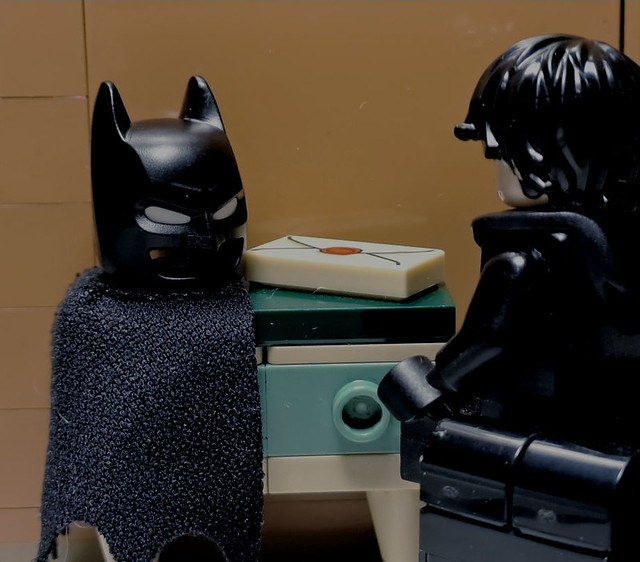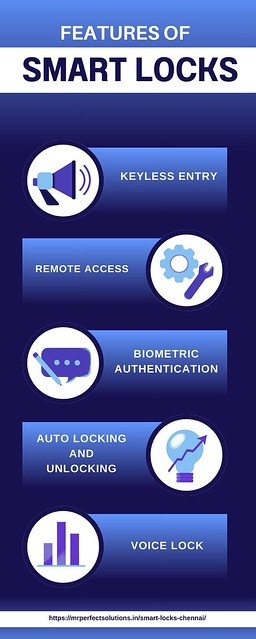
How to Choose the Best Solar PTZ Camera
A solar security camera is a great option for monitoring your home. It can help you avoid expensive monthly fees and is a convenient and eco-friendly choice for homeowners. It is also compatible with smart home ecosystems.
When choosing a solar-powered security camera, consider its image quality and motion detection capabilities. Make sure it has reliable connectivity and is easy to set up.
Features
The key factors to look for in a solar powered security camera are its video quality, night vision capabilities, and motion detection. It is also a good idea to choose a camera that is easy to install, and is compatible with your existing home WiFi network. The best solar ptz camera will provide clear images and will be able to record motion at any time. In addition to this, the camera should be able to send you alerts whenever it detects motion.
Local storage is another important feature to consider when choosing a solar-powered security camera. Some models of solar-powered cameras come with a microSD card slot, which can hold up to three terabytes of data. This feature is particularly helpful for remote monitoring because it allows you to access your footage at any time.
Solar-powered security cameras are a great choice for many different applications, including vacation homes, vineyards, and construction sites. They are best wifi solar security camera easy to install and don’t require messy cables or drill roles. They are also portable, which means that they can be moved to a new location as the project progresses or finishes.
For example, the Reolink Argus PT solar security camera is ideal for remote monitoring because it supports voice access via Alexa or Google assistant and offers 2K video quality. It can also record and store motion detection events onboard in a local SD card. It also has a slew of advanced features, including 2-way audio and high-quality night vision.
Design
A good solar security camera will have a highly sensitive motion sensor and night vision capability. It should also have software pixel analysis to reduce false alarms and an advanced battery that can last a long time. The camera should also be weatherproof and able to resist dust. It is important to check the specifications and price of the solar powered security camera before buying it. This will help you avoid any surprises later on. Also, it is a good idea to choose a solar power security camera that does not have compulsory subscription fees and other hidden charges.
Another factor to consider is how much maintenance the solar power security camera requires. For example, some models require regular cleaning of the panel to ensure a high energy conversion rate. Others require more frequent replacement of batteries to ensure that they are functioning properly at night and during bad weather conditions.
In terms of installation, some solar security cameras come with an all-in-one design that makes it easy to deploy a complete solution without requiring bulky panels or additional components. For instance, Hikvision’s solar-powered security cameras use a single panel that is integrated into the camera mount to simplify deployment and save space.
Another option is a solar-powered security camera from Ring, which uses the sun to recharge its battery and offers continuous recording. Its powerful battery can last up to 60 days before needing a charge, and it supports two-way audio so that you can talk to people outside your home. The camera is also able to monitor your driveway for any signs of activity and will alert you on your phone if it detects any suspicious movements.
Battery life
Unlike traditional outdoor security cameras that use wired connections to transmit data, solar-powered cameras are powered by a small, rechargeable battery. The battery provides power to the camera when there is no light from the sun, ensuring continuous surveillance and eliminating the need for expensive wired connections. This feature makes them ideal for remote locations, where electricity is unavailable or expensive.
The battery life of a solar ptz camera depends on several factors, including the video resolution, bit rate, and frame rate. Depending on these specifications, some solar-powered cameras may record video for up to 60 days. If you want to keep your recordings Smart WiFi Camera longer, look for a model that supports a larger SD card or offers cloud storage.
Most solar-powered cameras have dedicated apps that let you manage settings, watch live footage, receive notifications, and access recordings. These apps should be intuitive and provide reliable connectivity. Some of them also integrate with smart home ecosystems, allowing you to control the camera with voice commands.
When choosing a solar-powered camera, pay attention to its weather resistance. Most models can withstand light rain and snow, but the performance will suffer if it is too cold. In these conditions, the camera’s battery will likely need to be charged daily. If you’re planning to install a solar-powered camera in an area with harsh weather conditions, consider buying a backup battery or bringing the camera indoors for recharging.
Cost
Unlike traditional wired home security cameras, solar-powered models are completely wireless and require no maintenance. They run on energy from a rechargeable battery that is charged by a solar panel. Some models support SD cards, allowing them to hold up to 1TB of data. This feature is useful in storing the video footage of your property. You can also access the recordings through a mobile app, which lets you check in on your house even when you’re not home.
The main factors to consider when choosing a solar security camera are the resolution and night vision capabilities. Most solar-powered models operate at a resolution of between 780p and 1,080p, but some have higher resolutions. Generally, the higher the resolution, the more detailed the image will be.
Another factor is weatherproofing. Unless your camera is rated IPX6 or higher, it’s best to keep it indoors during rainstorms or snowstorms. However, if you want to keep your camera outdoors, make sure that it gets enough sunlight daily to recharge the batteries. The peak sun hours will vary by season, so make sure your camera is in a sunny spot that sees direct sunlight for six or more hours each day.
Finally, it’s important to determine whether the solar-powered security camera is compatible with your existing Wi-Fi or smart home network. Most solar-powered security cameras connect through a standard Wi-Fi connection, but some offer cellular connectivity for remote locations with poor Wi-Fi access.



